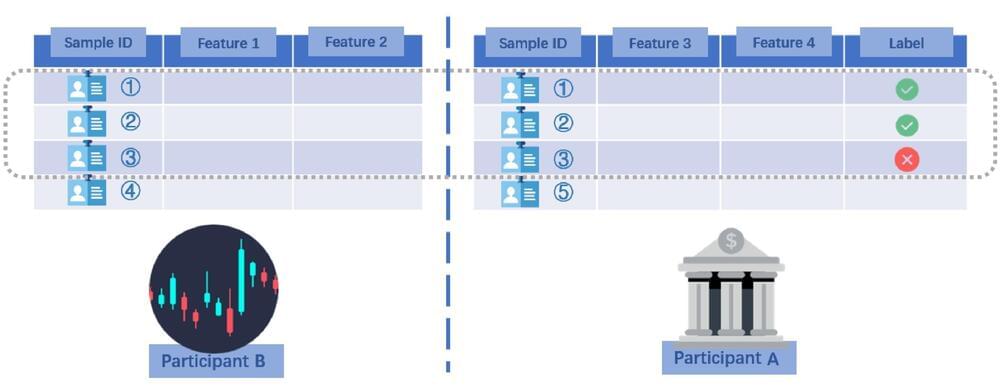Mar 11, 2023
AT&T data breach compromises roughly nine million accounts, here’s what you need to know
Posted by Genevieve Klien in category: cybercrime/malcode
It looks like AT&T experienced a data breach, leaving roughly 9 million customers data exposed. The data breach didn’t come directly from the wireless carrier, but occurred with one of its vendors.
The news originates from the AT&T forums, where customers were curious about an email that has apparently been going out to affected customers since last week. The email discusses the breach the wireless carrier experienced, sharing that it occurred with one of its vendor’s systems, which gave access to the wireless carrier’s “Customer Proprietary Network Information” (CPNI) system.

















